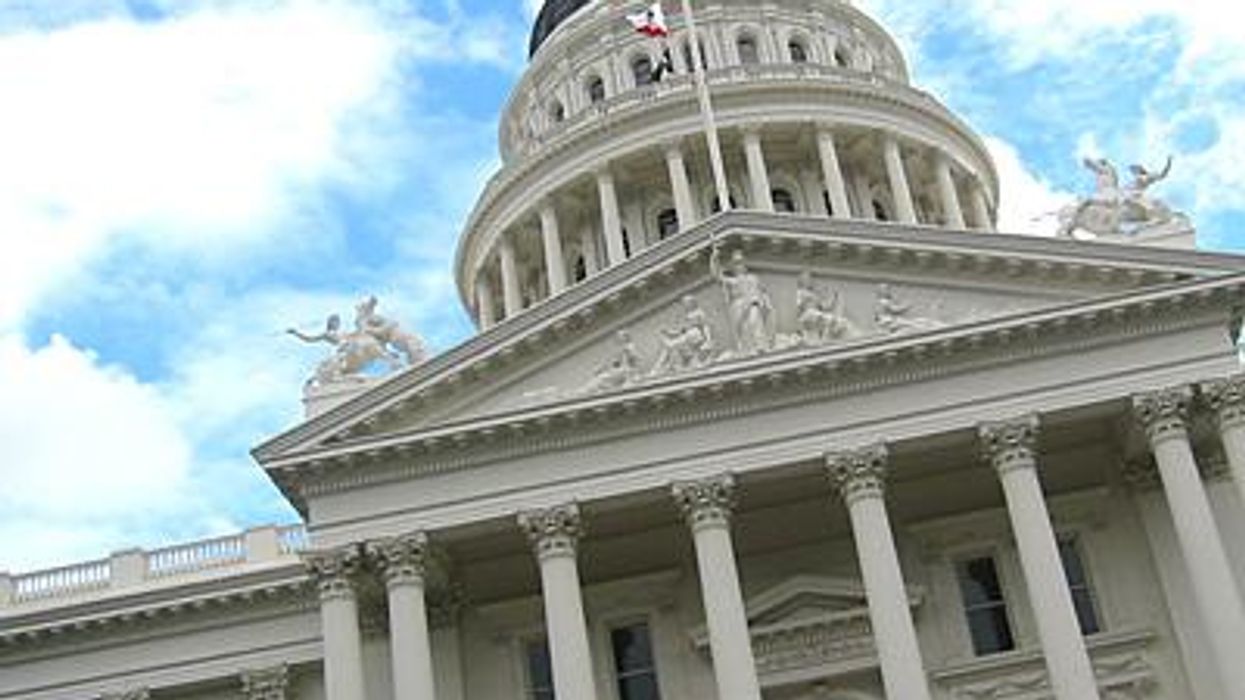
Three LGBT bills had potential to make history in California; two became law.
October 03 2012 3:25 AM EST
sunnivie
By continuing to use our site, you agree to our Privacy Policy and Terms of Use.

Three pieces of legislation in California had the potential to make history for LGBT people. And Gov. Jerry Brown possibly set a precedent for the nation when he signed two of the bills last week.
Senate Bill 1172 bans the use of "ex-gay" or "reparative" therapy on anyone under 18 by licensed therapists. This first-of-its-kind legislation subjects mental health providers to disciplinary action if they carry out the scientifically discredited "treatment." The legislation, however, applies only to licensed therapists -- meaning religious ex-gay ministries and unlicensed counselors are exempt from punishment.
Ryan Kendall, who testified about the harm done when he was subjected to reparative therapy as a child, said this bill, which was signed by Brown, will protect LGBT youth and will be "a major victory against the rhetoric of demonization so often employed by those who seek to diminish our humanity."
Already, though, the law is the subject of a lawsuit by a California-based Christian group. "Of all the freedom-killing bills we have seen in our legislature the last several years, this is among the worst," said Pacific Justice president Brad Dacus on the organization's website. The institute's suit asks the court for an injunction to prevent the law's scheduled implementation January 1.
Also going into effect on that date is Assembly Bill 2356. It removed barriers to fertility services faced by female same-sex couples. Currently, women seeking fertility services with a male partner are not subjected to numerous tests and additional costs that single women and lesbian couples, utilizing a designated donor who's not their partner, are. With AB 2356 signed by the governor, all California women are on the same level playing field when it comes to conceiving a child.
Senate Bill 1476 would have provided the framework for a court to recognize that a child might have more than two parents -- another U.S. first. But Brown vetoed the proposed law, saying he was sympathetic to the families that could have been affected but needed more time to consider the issue. It would have been especially relevant for stepparents, nonbiological caregivers, and same-sex couples who use a surrogate or sperm donor whom they want to recognize as a parent.
State senator Mark Leno, the bill's author, said it could have ensured that "children are not unnecessarily put in the foster care system by allowing judges to recognize the fact that some young people are raised by more than two parents." He pledged to continue working with the governor to find a solution.
Charlie Kirk DID say stoning gay people was the 'perfect law' — and these other heinous quotes